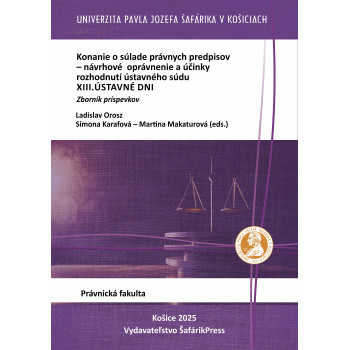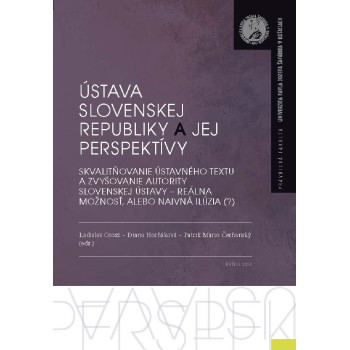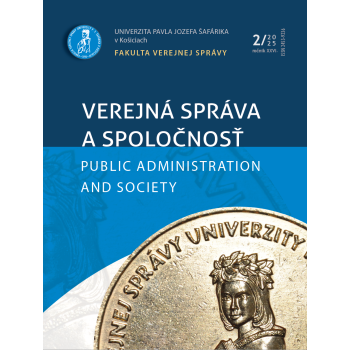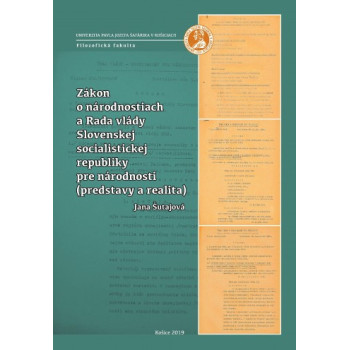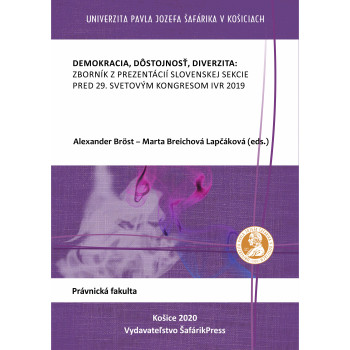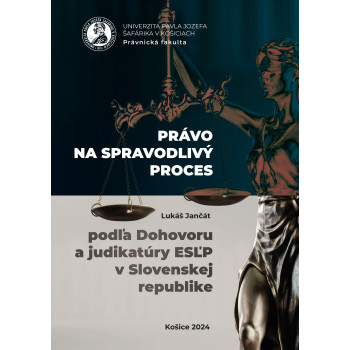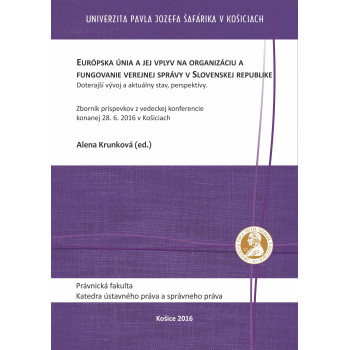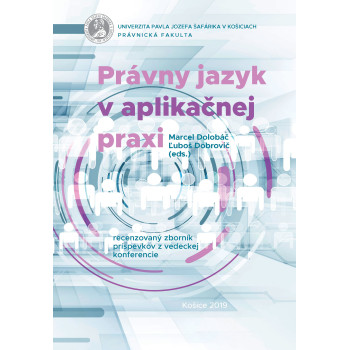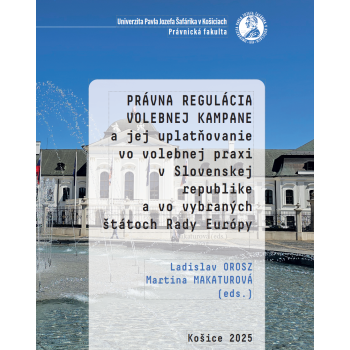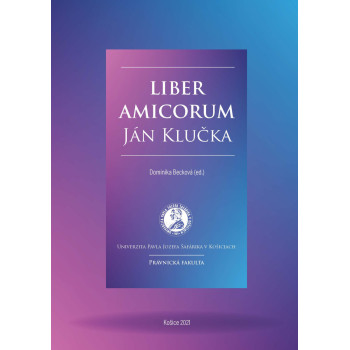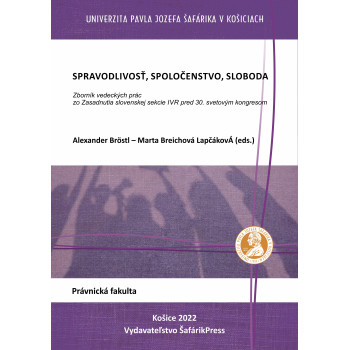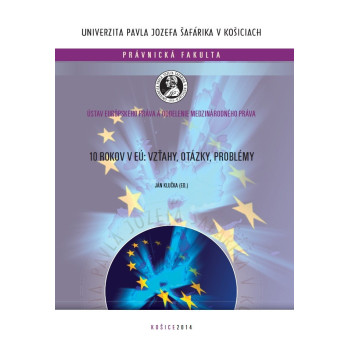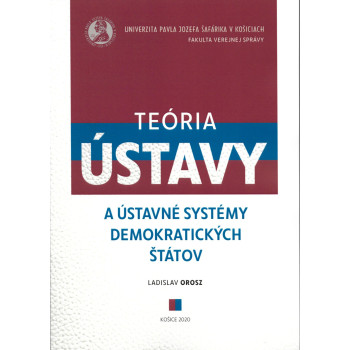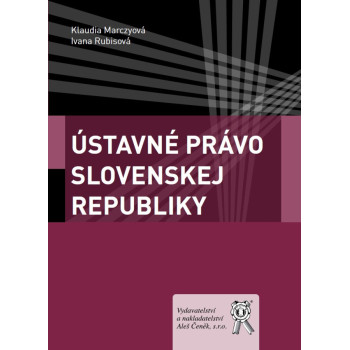
Konanie o súlade právnych predpisov – návrhové...
E-book
Ladislav Orosz– Simona Karafová – Martina Makaturová (eds.)
Zborník z XIII. ústavných dní s názvom „Konanie o súlade právnych predpisov – návrhové oprávnenie a účinky rozhodnutí ústavného súdu“ reflektuje novú právnu úpravu účinnú od 1. januára 2025, konkrétne čl. 127 ods. 5 Ústavy SR, ktorá rozširuje právomoci sťažovateľov iniciovať konanie o súlade právnych predpisov prostredníctvom Ústavného súdu Slovenskej republiky. Príspevky renomovaných odborníkov mapujú teoretické aj praktické výzvy spojené s touto novou kompetenciou. Zborník tematicky pokrýva otázky týkajúce sa iniciačných mechanizmov senátov Ústavného súdu, derogačných a časových účinkov rozhodnutí či komparatívnych skúseností z Českej republiky, Maďarska a Poľska. Publikácia zároveň ponúka reflexiu širších javov, ako je judicializácia politického života, či rast implicitných právomocí ústavných súdov. Niektoré príspevky sa zameriavajú na otázky právnej istoty a retroaktivity derogačných nálezov, najmä v konaniach iniciovaných všeobecnými súdmi. Iné analyzujú aplikačné dopady spojenia individuálnej ústavnej sťažnosti a abstraktnej kontroly právnych predpisov. Publikácia obsahuje aj úvahy o ústavnoprávnych dôsledkoch porušenia konzultačnej povinnosti s Európskou centrálnou bankou. Nechýbajú reflexie o možnostiach ústavného preskúmania noriem v oblasti rozpočtovej zodpovednosti. Zborník ponúka pestrú škálu domácich aj komparatívnych prístupov k výzvam spojeným s novou rozhodovacou agendou. Je tak hodnotným príspevkom do diskusie o posilnení ochrany ústavnosti v Slovenskej republike.



